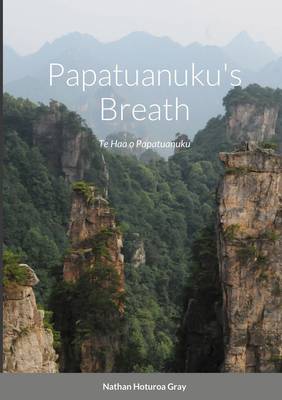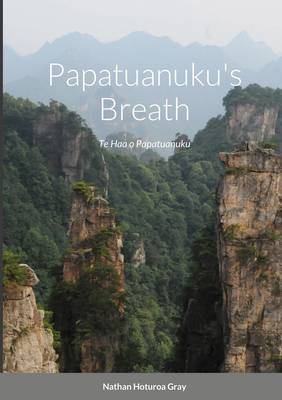
- Afhalen na 1 uur in een winkel met voorraad
- Gratis thuislevering in België vanaf € 30
- Ruim aanbod met 7 miljoen producten
- Afhalen na 1 uur in een winkel met voorraad
- Gratis thuislevering in België vanaf € 30
- Ruim aanbod met 7 miljoen producten
Zoeken
Omschrijving
Covid-19 is the biggest disruption to human life over the past century. As the world confronts this dire public-health emergency, many of the enforced changes will see the collapse of economies and industries worldwide. However, at the same time, the natural environment is securing much needed breathing space from a species that has ruthlessly plundered every ecosystem towards mass extinction in its indomitable and mindless hunt for the dollar. What changes can humanity embrace through the tragic brunt of this pandemic that will give our species and planet a more sustainably viable path moving forward? How can we facilitate the innovative thinking and major structural change of society and its values required, to enable us to move forward with a more equitable everyday reality? This book looks at the crisis and how it is impacting the current world order - examining various geopolitical approaches to curtailing the epidemic's spread and how best to tackle the 'new normal' moving forward. It also explores key Maori cultural concepts of manaakitanga (looking after one another), kaitiakitanga (connecting with nature and being a guardian over your immediate surroundings), taputanga (following the rules of the 'new normal' with a sacred level of significance), haerengatanga (going on this 'journey of great change' with everyone in tow), pukengatanga (building our family units and communities with gardening, waste management and hunter gathering skills to forge a more sustainable approach forward), and finally whakapoukahatanga (strengthening all those around you) to help underpin future societal thinking. Comparisons will be made between these Maori (and New Zealand) values and the clear and apparent failures of extreme capitalistic systems like the United States with the goal to help forge a more resilient, sustainable and 'Papatuanuku centric' future throughout the impending century of crisis.
Specificaties
Betrokkenen
- Auteur(s):
- Uitgeverij:
Inhoud
- Aantal bladzijden:
- 414
- Taal:
- Engels
Eigenschappen
- Productcode (EAN):
- 9781716542121
- Verschijningsdatum:
- 2/09/2020
- Uitvoering:
- Paperback
- Formaat:
- Trade paperback (VS)
- Afmetingen:
- 148 mm x 210 mm
- Gewicht:
- 489 g

Alleen bij Standaard Boekhandel
+ 62 punten op je klantenkaart van Standaard Boekhandel
Beoordelingen
We publiceren alleen reviews die voldoen aan de voorwaarden voor reviews. Bekijk onze voorwaarden voor reviews.











